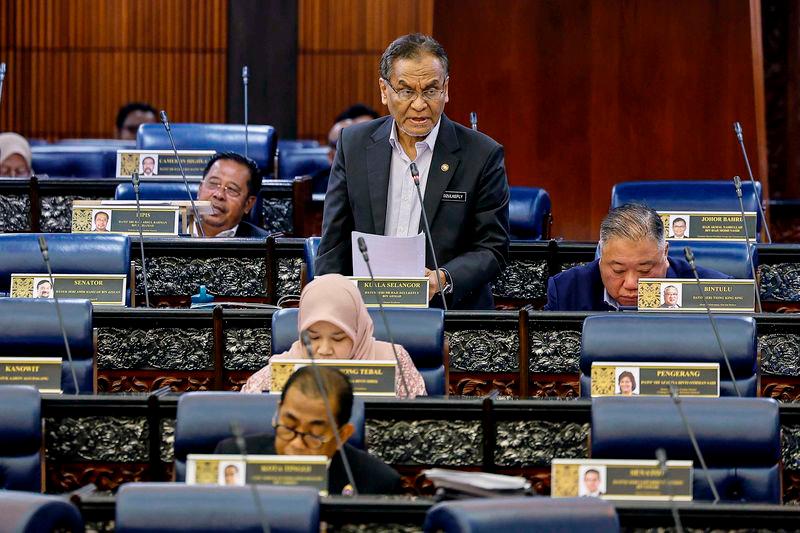KUALA LUMPUR: KUALA LUMPUR: The 2022-2030 National Strategic Plan to Combat the Double Burden of Malnutrition Among Children in Malaysia will ensure a more comprehensive approach to addressing issues such as stunting and obesity, said Health Minister Datuk Seri Dr Dzulkefly Ahmad.
He expressed hope that the plan would expedite efforts to tackle child malnutrition in order to build a healthy nation and nurture healthy Malaysians from a young age.
Dzulkefly said the plan, encompassing five core strategies and 31 initiatives, took into account the functions and policies of all ministries and agencies while emphasising the involvement of various parties and the strengthening of existing strategies through cross-cutting approaches.
“The plan prioritises strengthening the governance of nutritional well-being through legislation, political commitment, and stakeholder involvement, while also improving the quality and accessibility of nutritional services and creating a more conducive society.
“Efforts to strengthen capacity development and human capital for the well-being of children’s nutrition, along with the synergy of child nutrition advocacy, are also emphasised,” he said during the oral question and answer session at Dewan Rakyat today.
Dzulkefly said this in response to a question from Datuk Dr Alias Razak (PN-Kuala Nerus) regarding the ministry’s plan to create a master document, such as the Child Nutrition Action Plan, to address the issue of child nutrition.
He said the plan aimed to have a specific impact on children, teenagers, women of reproductive age, and vulnerable groups, designed to mobilise energy effectively among all stakeholders in the implementation of strategies, programmes, and outlined activities.
“One of the efforts being strengthened is the initiative to support the first 1,000 days of a child’s life, beginning with the first day of pregnancy and lasting until the child is two years old,” he said.
Dzulkefly said among the activities conducted were engagement and advocacy sessions for private pharmacies and health clinics to facilitate early screenings.
He said that this included conducting blood haemoglobin tests for women and pregnant mothers to reduce the risk of pregnancy complications, enabling them to plan for a healthy pregnancy.









